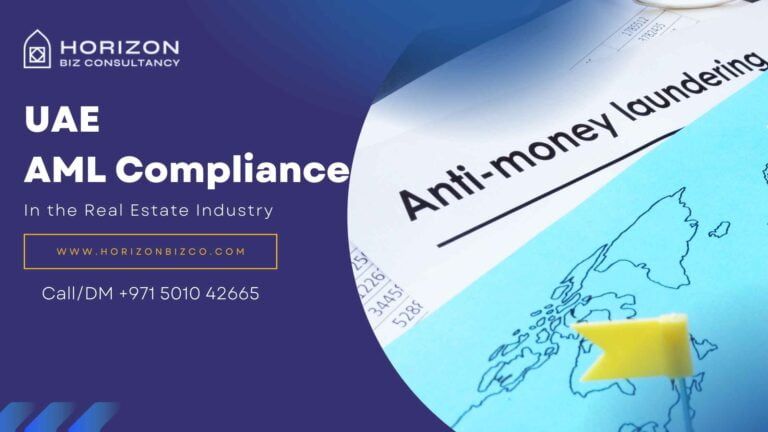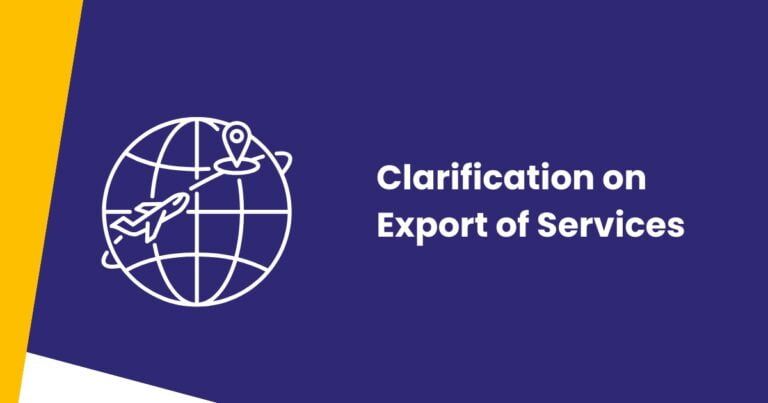Dubai’s property market has grown very fast recently. Lots of foreign investors want to buy homes and offices here. This is good for the economy. But it also means there is a risk of money laundering.
What is Money Laundering?
Money laundering is when people try to hide money from bad activities like crime or terrorism. They do this by buying expensive properties to make the money look clean.
To stop money laundering, the UAE government has brought in new anti-money laundering (AML) laws for real estate agents. These laws help make sure the property sector stays clean and ethical. They also protect Dubai’s global reputation.
This article explains why agents should follow AML rules and how it benefits them.
Why AML Rules Matter for the Dubai Property Sector
The new laws put some extra work on agents to check where buyers’ money comes from. But following the rules protects the market and avoids serious issues down the line. Here is why AML compliance matters:
Stops Harmful Activities
Money laundering allows crime and terrorism to grow by hiding illegal money. Strong AML rules stop this from happening using Dubai properties. This keeps the sector ethical and reliable for proper investors.
For example, without AML rules, drug cartels could launder proceeds from drug sales by investing in Dubai offices or apartments. This harms the property sector’s image. Proper AML compliance ensures only clean, legal money enters the real estate market.
Builds Trust and Reputation
By showing they comply with top AML practices globally, Dubai agents prove they operate fairly and transparently. This builds trust in foreign investors that the property market is clean, stable and dependable.
For instance, UK investors may be wary of buying property somewhere with weak financial crime controls. Strict AML compliance gives them confidence Dubai is ethical and safe for long term investments.
Avoids Future Scandals
No one wants big money laundering scandals involving Dubai real estate in world headlines! Tough AML compliance prevents this reputational harm and protects the market’s image.
Think of the fallout if a major UAE property developer was found to be taking money from corrupt overseas officials. It could scare away other investors and severely undermine international perceptions of Dubai. Robust AML rules reduce this risk.
Improves Global Competitiveness
Markets with weak financial crime controls get blacklisted by international bodies. This cuts them off from foreign investment and finance.
Strict AML compliance ensures Dubai remains attractive to top global investors and stays competitive. If funds know their money is safe from laundering, they will be eager to invest in Dubai real estate.
Key AML Compliance Activities for Real Estate Agents
The property industry clearly benefits from strong anti-money laundering policies. But what do agents need to do under the new laws?
Enhanced Background Checks
Agents must do extra buyer background checks on source of funds and potential risks. This “due diligence” is vital to spot issues early.
For example, checking for inconsistencies between a buyer’s income and the property value, or probing the origins of down payments.
Keep Records
They need to keep proper records of transactions, buyer IDs, background checks and risk assessments for 5 years minimum. This helps monitor risks over time.
Note Red Flags
Training helps staff identify suspicious signs – like unusual payments or complex ownership structures. Flagging issues to compliance teams quickly is critical.
Some common red flags are buyers from high risk countries, payments in cash, constantly changing plans, etc.
Report Issues
If they find evidence of money laundering or face very high risks from a buyer, they must report the case to authorities like the Central Bank. Reporting ensures serious cases get investigated.
Staying on top of these key tasks is essential. If agencies fail AML audits or ignore suspicious cases, they can face major fines starting from AED 50,000 up to AED 5 million. Top managers may also get banned from working in the sector again.
Conclusion
The fast growth of Dubai real estate has been great news. But money laundering risks must also be managed. By following the UAE’s latest AML property laws properly, agents can avoid major scandals and fines down the line. And help make sure the market offers rewarding returns for legitimate buyers and investors for many more years!
FAQs
They must do buyer background checks, keep transaction records, watch for suspicious signs, and report issues to authorities.
Fines from AED 50,000 up to AED 5 million. Top staff may get banned from working in real estate again.





